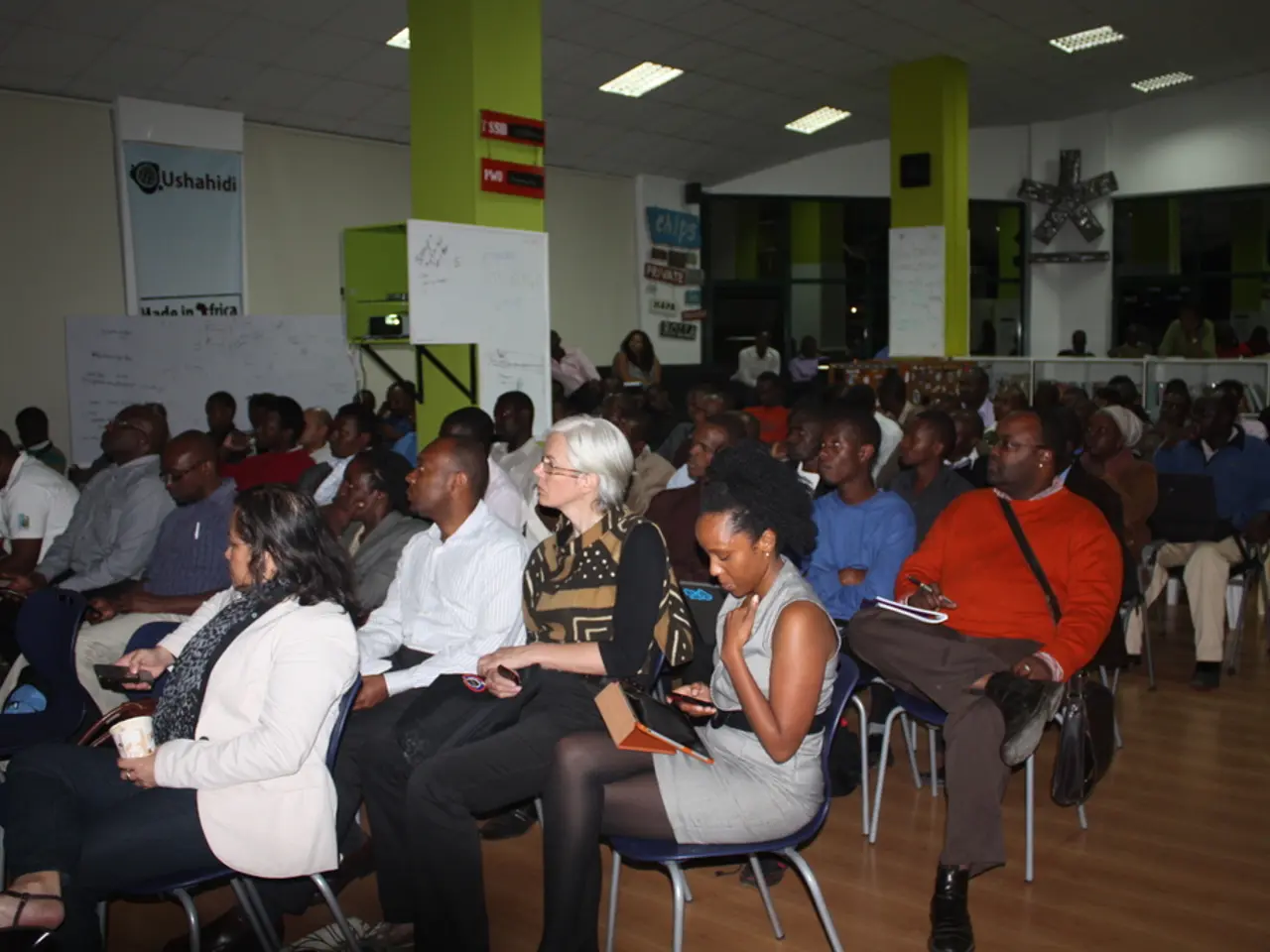Global Rankings of Talent Competitiveness in 2020 Revealed
The Global Talent Competitiveness Index (GTCI) 2020, released at the World Economic Forum in Davos, sheds light on the global landscape of talent development and competitiveness. Switzerland maintains its first place position, while the United States moves up to second, pushing Singapore down one place compared to 2019.
New York tops the city ranking in the GTCI 2020, followed by London, Singapore, San Francisco, and Boston. The index ranks cities and countries on their ability to develop, attract, and retain talent, with the top 10 cities performing well across the five pillars of the talent spectrum.
However, the digital skills gap is only widening, with a few countries progressing quickly while most of the developing world lags behind. More than half of the population in the developing world lack basic digital skills, according to the GTCI report. Yemen finishes at the bottom of the 2020 index, just as it did in 2019.
To address this issue, organisations are investing in upskilling and reskilling programs to equip the global workforce with the necessary digital skills. For instance, Amazon is investing $1.2 billion to train 300,000 employees, offering on-the-job training, self-paced IT courses, apprenticeships in UX design, mechatronics, and robotics.
These programs emphasize digital capabilities such as programming, data analysis, IT, and virtual collaboration. Best practices include setting specific, measurable goals, personalized learning paths, blended learning approaches, on-the-job and work-integrated training, use of AI and digital tools, focusing on hybrid and remote skills, and clear career pathways.
Upskilling tends to deepen expertise within a current job family, while reskilling prepares workers for entirely new roles. The rapid evolution of technology fields demands frequent updating and diversification of skills, underlining the importance of agile learning strategies that combine multiple modalities.
Flexibility and accessibility are key to program success, enabling participation alongside existing job responsibilities, especially with digital platforms offering mobile-friendly and lifetime access content.
The GTCI 2020 report focuses on global talent in the age of AI, highlighting the critical role of cities as test labs for new AI-based tools, with results varying from one city to another. The index covers 132 countries and 155 cities, across all groups of income and levels of development, underscoring the global nature of the talent competitiveness challenge.
Policies and practices that promote talent competitiveness are less susceptible to political and socioeconomic instability in developed nations. Higher income countries have the resources to invest in lifelong learning, re-/upskilling, and attracting and retaining global talent.
The our group commits to reskill and upskill five million people around the world by 2030, demonstrating a collective effort to bridge the digital skills gap and create a more competitive global workforce. The GTCI 2020 provides a valuable benchmark for tracking progress and identifying areas for improvement in talent development and competitiveness.
- To bridge the widening digital skills gap, organizations like Amazon are investing in reskilling and upskilling programs that aim to equip the global workforce with necessary digital skills, such as programming, data analysis, and IT.
- The future of work increasingly relies on upskilling and reskilling to prepare workers for the evolving technological landscape, with agile learning strategies combining multiple modalities essential for staying competitive.
- Recognizing the global nature of the talent competitiveness challenge, the GTCI 2020 report emphasizes the need for collaborative efforts, such as the commitment of various organizations to reskill and upskill five million people around the world by 2030, to create a more competitive global workforce.




